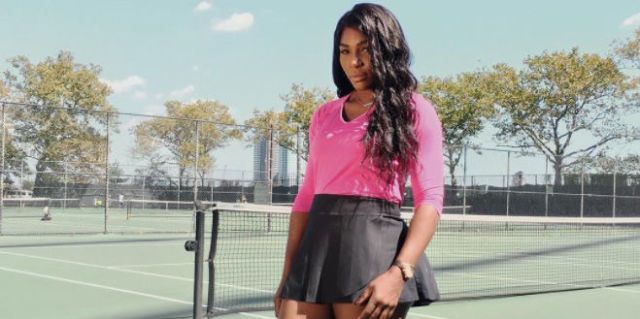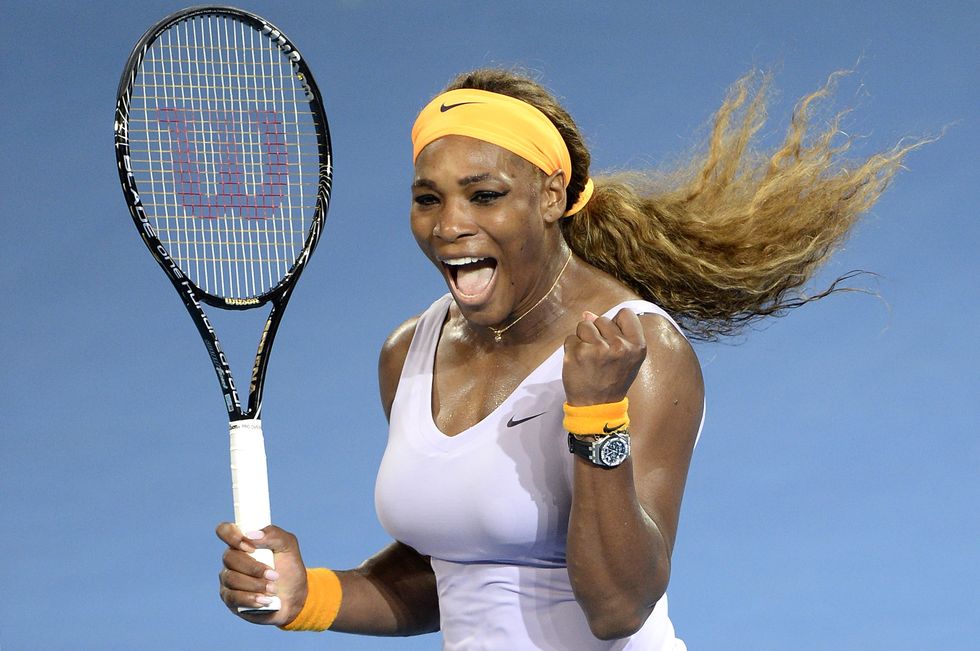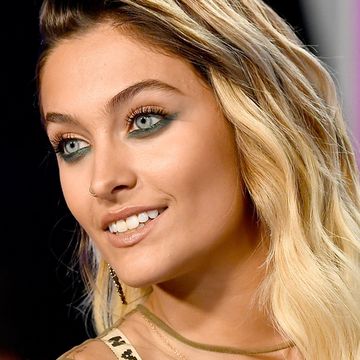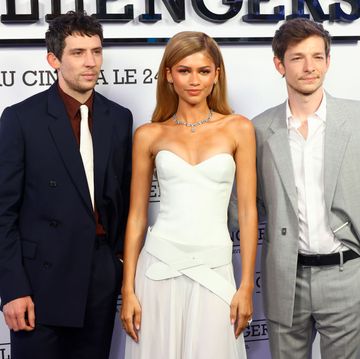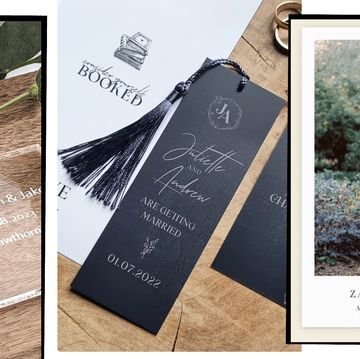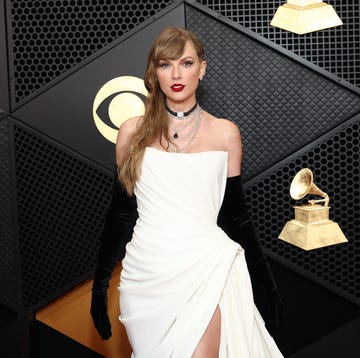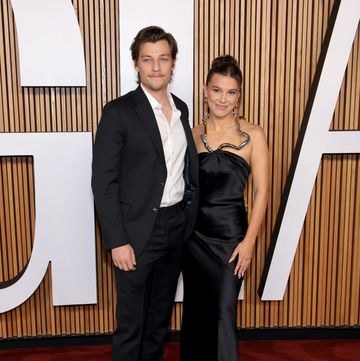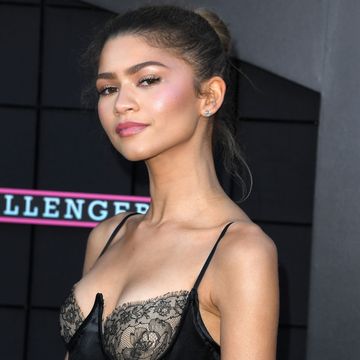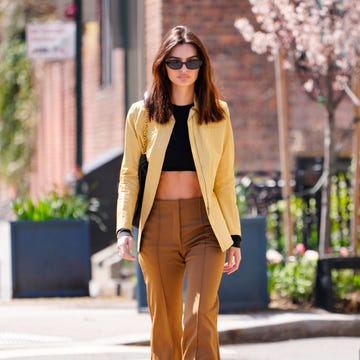Whilst tennis players where sweating it out at the US Open a week ago, Serena Williams was sweating it out in the delivery suite.
The 35-year-old gave birth to her and tech businessman Alexis Ohanian's daughter just under a week ago.
And in more good news, Williams announced as one of Time's 46 women who are changing the world.
She was featured in their 'Firsts' series alongside the likes of Hillary Clinton, Oprah Winfrey and Selena Gomez, and spoke about her journey as a role model.
Though now she is mother and role model to one little girl in particular, Williams has been aware of her status as a black athlete to young girls for a long time.
In the accompanying interview she explains how she did not have a figure like herself to look up to, and how, after she returned to Indian Wells, she really understood the power of her presence.
In 2001 Williams was famously booed by the crowd, with racist expletives and racially motivated verbal attacks shouted at the tennis-player.
Williams' Dad Richard said of the incident:
When Venus and I were walking down the stairs to our seats, people kept calling me [expletive]...One guy said, 'I wish it was '75; we'd skin you alive.' That's when I stopped and walked toward that way. Then I realised that (my) best bet was to handle the situation non-violently. I had trouble holding back tears. I think Indian Wells disgraced America.
This lead to Serena boycotting Indian Wells for 14 years.
Williams explains in the Time interview that when she returned to the revered Californian tournament, the response was warm.
In particular, she saw black girls with signs from Compton in the crowd and began to understand the impact of her presence:
One moment in particular was my return to Indian Wells. I didn't play there for so many years because of an unfortunate experience because of the colour of my skin. But then when I did go back I saw so many young black girls, and they were so excited to see me. One girl had up a sign that she was from Compton and she wanted to play tennis. It was an opportunity for me to realise that I'm here giving these people some sort of hope.
The sportswoman sometimes gets angry about the comments aimed at her, but says she thinks about the broader picture and that she is fighting for other women as well as equal pay.
She told them:
It isn't always easy to be on the stage playing a tournament when you have someone making a comment about your body, that it's 'too strong.' I think the biggest criticism that not only me, but my peers go through, is there'll be someone saying we don't deserve as much prize money as our male counterparts. When you work so hard and dedicate yourself, it shouldn't be a double standard.
Williams has an undeniable impact on black girls, and women, around the world.
Daisy Murray is the Digital Fashion Editor at ELLE UK, spotlighting emerging designers, sustainable shopping, and celebrity style. Since joining in 2016 as an editorial intern, Daisy has run the gamut of fashion journalism - interviewing Molly Goddard backstage at London Fashion Week, investigating the power of androgynous dressing and celebrating the joys of vintage shopping.
